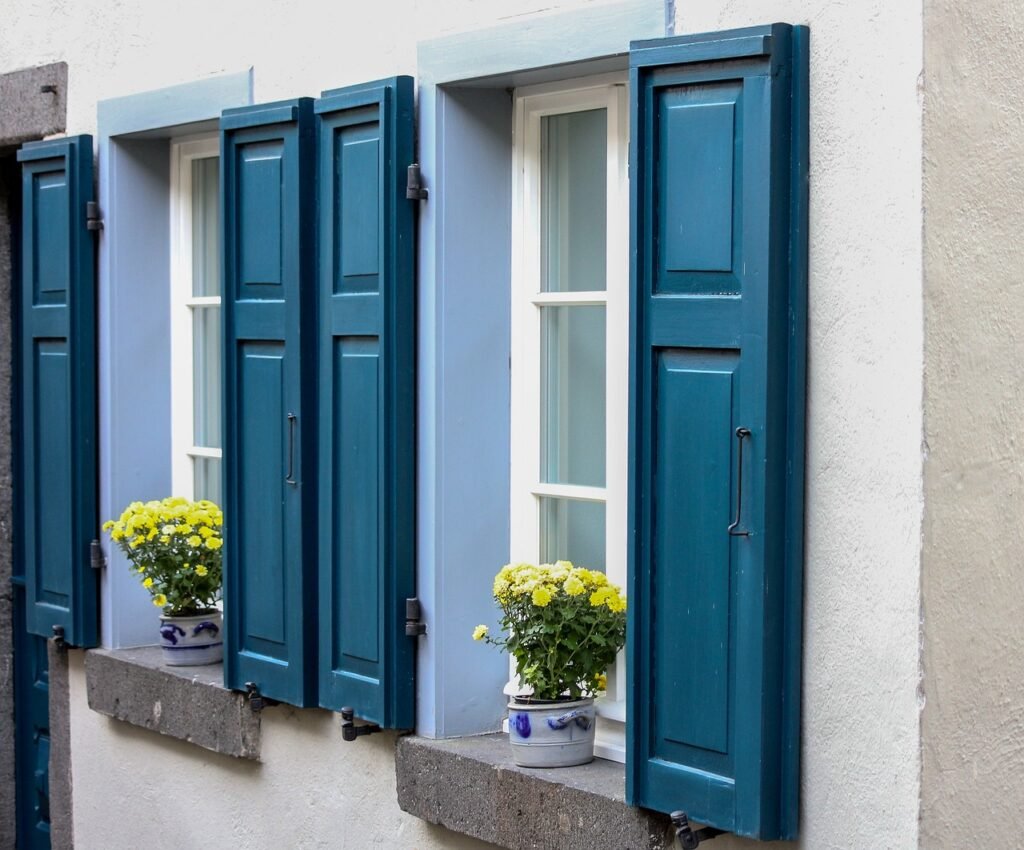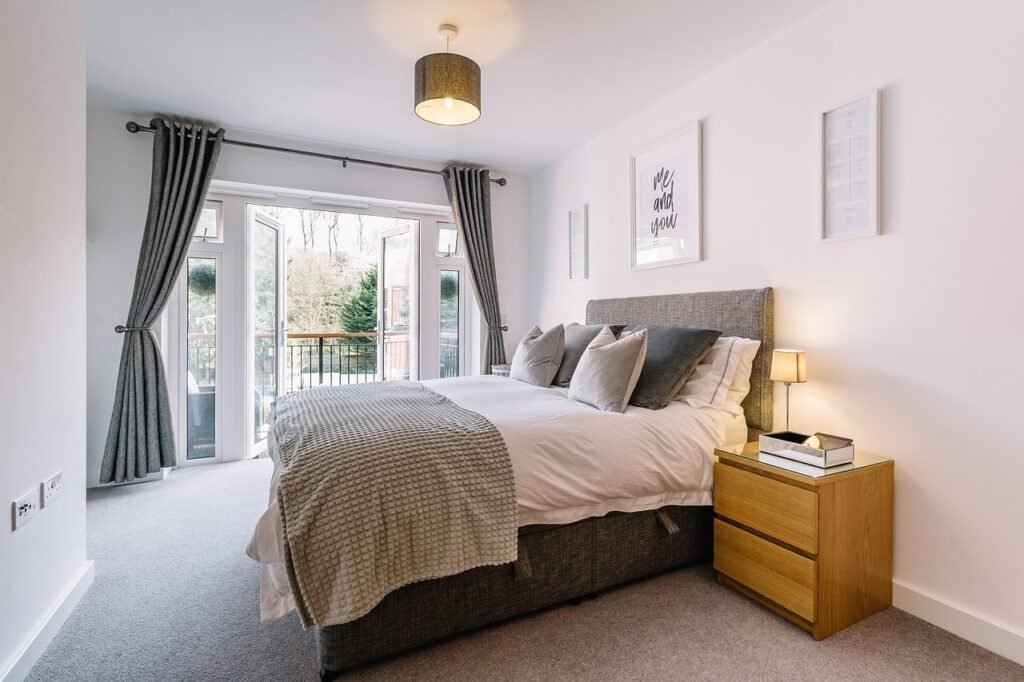Are you thinking about or have you decided on selling your property and you don’t know where to start? Market volatility nowadays and the continuous rise in property prices have created the right conditions for everyone looking to sell a house. However, this also means a rise in competition, as many others want to take advantage of these conditions for the same purpose. This means that the sale is not guaranteed only because the property exists. Because of that, your property has to stand out from the rest, and the easiest way to motivate potential buyers to choose your property over others is to renovate your space.
One of the most important aspects when considering if you should proceed in renovating your house is if the added costs for the renovations will reflect on the final selling price of the property. In reality, this is one of the most common questions in the mind of a house owner. The simplest answer is… it depends. According to research, property owners that renovate their homes before selling experienced on average a 156% return on investment (ROI) on the amount they spent on a full-house renovation, and up to 175% on some specific renovated elements. This essentially means that for every 1,000€ in renovation costs, the selling value increases by 1,560€ even up to 1,750€. In terms of the price of the property, this can mean a significant increase in total value, and its selling price.
One of the most basic parts is selling your home is undoubtedly the selling price. This is an issue that concerns every owner that wants to sell and creates unnecessary stress. A general rule you can keep in mind, that is simple in theory, but more complicated than expected in reality, is that the selling price of your house should be based on its unique characteristics, as well as the selling prices of similar other properties in your area. You can conduct this research by yourself with prices that are found on different property sites, or alternatively you can trust an expert of the field that will perform a valuation of your home based on special statistical data and will give you an exact picture of the current market and how your property fits in it.
In any case, the rule we mentioned above is even more important in renovated properties, because this can help you set a renovation budget before starting the lengthy process. It is essential that the sum of money you will spend on the renovation is not based on a random assumption, but on the added revenue that the renovation will bring. While a general, full renovation is an important aspect that makes your property attractive to buyers, below we will analyze the parts that add value to your property and are essential for a successful sale.
1. Kitchen Renovation: The kitchen is often considered the heart of the home. Renovating the kitchen can significantly increase the value of your property. Focus on modernizing the space, upgrading appliances, and improving functionality.
2. Bathroom Renovation: Bathrooms are another area where renovations can make a big impact. Consider updating fixtures, adding storage space, and creating a spa-like atmosphere.
3. Curb Appeal: First impressions matter, so investing in improving the exterior of your property is crucial. Enhance the curb appeal by landscaping, painting the front door, and ensuring the exterior is well-maintained.
4. Energy Efficiency: Buyers are increasingly interested in energy-efficient homes. Upgrade windows, insulation, and appliances to make your property more energy-efficient and attractive to potential buyers.
5. Flooring and Paint: Refreshing the flooring and applying a fresh coat of paint can give your property a new lease on life. Opt for neutral colors that appeal to a wide range of buyers.
Remember, when renovating your property before selling, it’s important to strike a balance between cost and potential return on investment. Focus on areas that will have the most impact and appeal to potential buyers. By following these practical tips, you can increase the value of your property and make it stand out in a competitive market.



